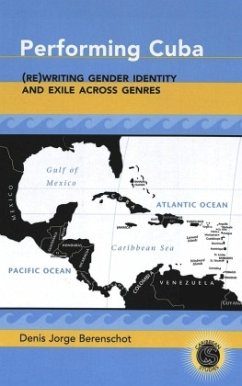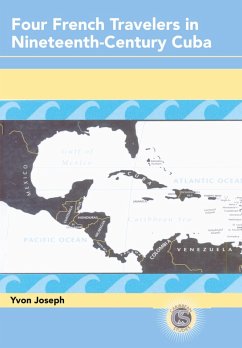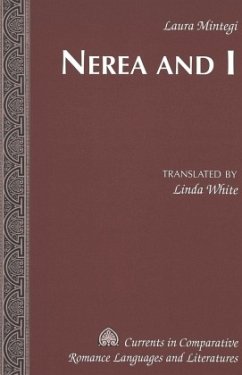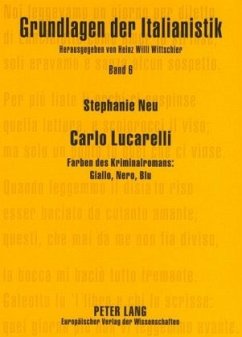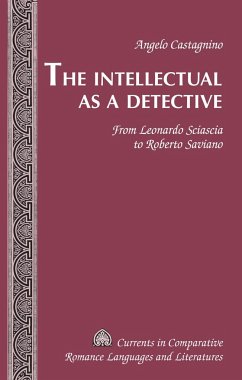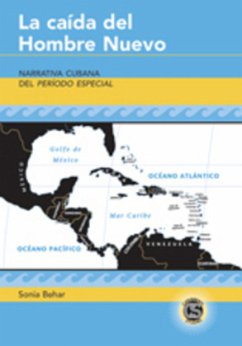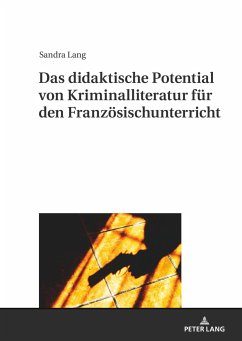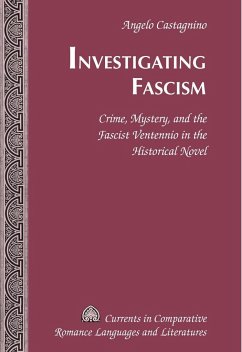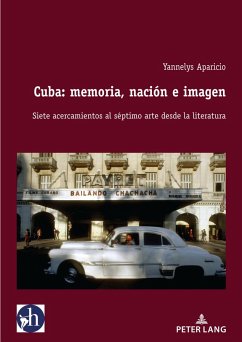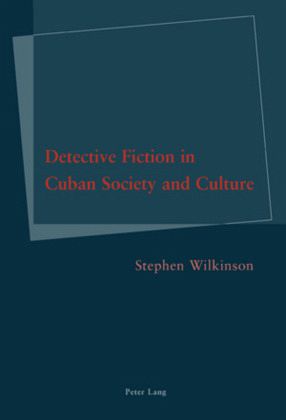
Detective Fiction in Cuban Society and Culture
Versandkostenfrei!
Versandfertig in 6-10 Tagen
64,80 €
inkl. MwSt.

PAYBACK Punkte
0 °P sammeln!
This book examines Cuban society through a study of its detective fiction and more particularly contemporary Cuban society through the novels of the author and critic, Leonardo Padura Fuentes. The author traces the development of Cuban detective writing in the light of the work of twentieth century Western European literary critics and philosophers including Raymond Williams, Antonio Gramsci, Terry Eagleton, Roland Barthes, Jean Paul Sartre, Michel Foucault, Jean François Lyotard and Jean Baudrillard in order to gain a better understanding of the social and historical context in which this ge...
This book examines Cuban society through a study of its detective fiction and more particularly contemporary Cuban society through the novels of the author and critic, Leonardo Padura Fuentes.
The author traces the development of Cuban detective writing in the light of the work of twentieth century Western European literary critics and philosophers including Raymond Williams, Antonio Gramsci, Terry Eagleton, Roland Barthes, Jean Paul Sartre, Michel Foucault, Jean François Lyotard and Jean Baudrillard in order to gain a better understanding of the social and historical context in which this genre emerged.
The analysis includes discussion of the broader philosophical, political and historical issues raised by the Cuban revolution. The book concludes that the study of this popular genre in Cuba is of crucial importance to the scholar who wishes to reach as full an understanding of the social dynamics within that society as possible.
The author traces the development of Cuban detective writing in the light of the work of twentieth century Western European literary critics and philosophers including Raymond Williams, Antonio Gramsci, Terry Eagleton, Roland Barthes, Jean Paul Sartre, Michel Foucault, Jean François Lyotard and Jean Baudrillard in order to gain a better understanding of the social and historical context in which this genre emerged.
The analysis includes discussion of the broader philosophical, political and historical issues raised by the Cuban revolution. The book concludes that the study of this popular genre in Cuba is of crucial importance to the scholar who wishes to reach as full an understanding of the social dynamics within that society as possible.




